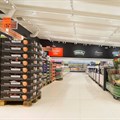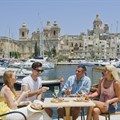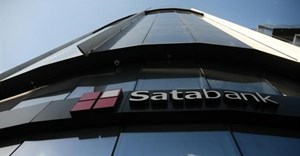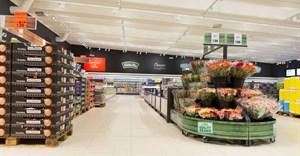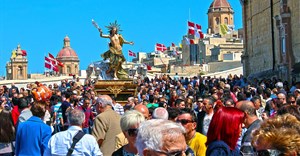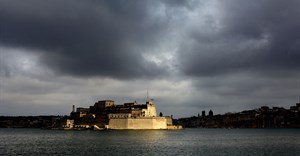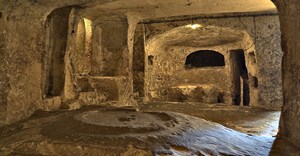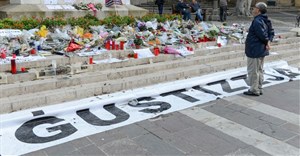Trending
Elections 2024
Jobs
- Wine Expert Sales Executive George
- General Manager Vereeniging
- Front Desk Coordinator/Receptionist Vereeniging
A South African's guide to moving to and Making it in Malta: My favourite diet
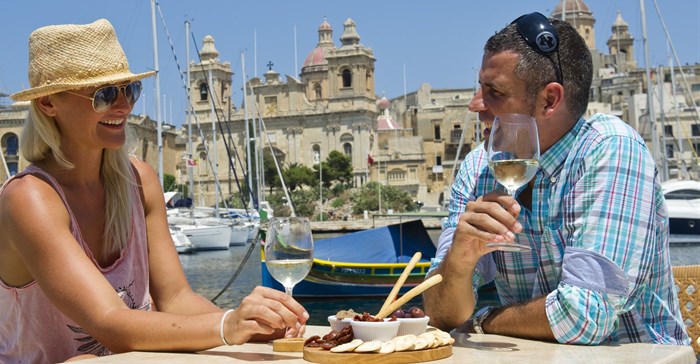
According to Eurostat, in Malta 20% of household spend goes towards eating out and hotel stays, the highest rate in Europe. The Maltese figure is nominally higher than the 19% the island recorded the previous year.
Perhaps they should change the Maltese national anthem to Food Glorious Food from 1969’s Best Picture Oscar winner Oliver: Food Glorious Food/ We’re anxious to try it/ Three banquets a day.
Our favourite diet…
Eurostat also reported that 12% of Maltese families’ expenditure went into food and non-alcoholic beverages and a tenth of what they spent was connected to recreational and cultural activities.
Ironically, families spent the same kind of money on alcoholic beverage and health-related costs – 3.9% of their total expenditure. Buying clothing and foot-wear amounted to 4.7% of expenses and almost 12% of families’ expenses consisted of transport costs.
Cost of living
Regarding cost-of-living increases, Eurostat figures released about two months ago showed that food and non-alcoholic drink prices in Malta had gone up by almost 70% since 2000 (this was the ninth highest increase within the EU and well above the European average of 43.3%). It had also reported that goods and services prices rose by 41.2% in Malta between 2000 and 2017. Within the EU, these prices went up by 36% overall.
Comparing the Maltese predilection for restaurants and holidays, Cyprus and Spain were the next closest biggest spenders – 17.5% and 16.8% respectively – followed by Greece and Ireland. In contrast, the EU average stood at 8.8%.
If ever one needed an explanation for café culture - or an illustration of the Mediterranean lifestyle – surely this must be it? Considering that Malta and Cyprus are both island states and that the Spain and Greece are both southern Mediterranean countries, there’s something seemingly culturally predominant in this eating-out phenomenon.
After 18 months of living in Malta, I can essay a few observations why this might be the case:
Disposable income would certainly enable such high levels of leisure spending. Malta’s Q3 GDP is up by 9.5% over the same period last year and of that, arts, entertainment and recreation, repair of household goods and other services, increased by €48.3m.
The Maltese are not inclined to automatically finish all the food on their plate. For those of us raised by parents who intoned "think of all those starving millions in India/China", the level of foot wastage is prodigious. A local might order three courses and only taste from each – even saying he is not really hungry.
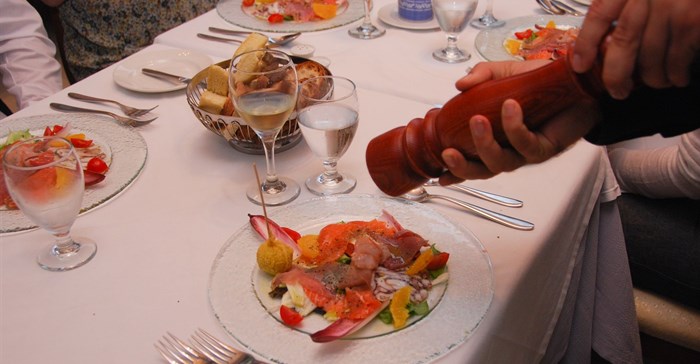
Perhaps it’s the good weather which incentivises people to leave their homes and not remain indoors. If you’re out and about, perhaps at the beach in summer until 7pm, you may not have time to go both to the supermarket and to your kitchen to still prepare and then cook the evening meal. It’s probably more convenient to stop somewhere casual and have your supper – or grab a takeaway on your way home.
Perhaps it’s the café culture which in itself is a function of the splendid weather.
There is an enormous range of catering options especially at the humblest end of the scale. The most unpretentious – and most typically Maltese as any visitor to the islands will fondly recall – are the pastizzi kiosks which are found everywhere on the archipelago. The equivalent of a pie shop but very much smaller (the display counter is the shop!), the kiosks sell takeaway pizza slices and a variety of local hot snacks such as the aforementioned pastizzi.
Next up the food chain are the band clubs and political party clubhouses. Every village has them and they are significant meeting places and venues for communal congregation.
Although the political party clubhouses are quite utilitarian, the band club (as in marching band) premises – and there are often two competing bands in any one village – are an exercise in lavish one-upmanship. Often located in the grandest building in the town square, band clubs are usually modern, faux- baroque hommages replicated in marble, gilt and frescoes. Your surroundings may look like the foyer of an upmarket Middle Eastern hotel, but your menu options will be distinctly downmarket: band clubs will always have a barman, but they seldom have a cook.
Very proximate to the band and political party premises, in menu selection at least, are the sports clubhouses – football, water polo, bocci, etc. In this category I would also include a species of sit-down eaterie, confusingly also called a kiosk although not specifically take-away as the pastizzi kiosks are. These eateries are always located on the piazza and within eye-line of the bus stop. Although in South African catering terms, we would consider this a takeaway menu (burgers, fish and chips, etc), these are sit-down meals. Additionally, whole families can be found until 10pm or 11pm still talking – loudly! – and ordering more food and drinks.
From here upwards, the trajectory is from catering to culinary.
There must be hundreds of 'proper' restaurants on the archipelago, we have not even come close to defining their number or experiencing them all. Two things may be strange to South African eyes and ears: conversational noise levels are high. This is both because the restaurants are full and because the Maltese often break bread in groups – either meeting friends or eating out with the whole family including small children. Busy Maltese restaurants can be boisterous – you would have to select your date-night venue with care!
The second oddity is the culture of tipping – it doesn’t exist. Tip jars are receptacles where you clear out your coppers and the Maltese only ever round-up their bill. This also tells you that restaurant staff are paid a wage and are not dependent on your 10% tip to make ends meet.
The last word belongs to Oliver lyricist/composer Lionel Bart: What next is the question/Rich gentlemen have it boys/In-di-gestion!









